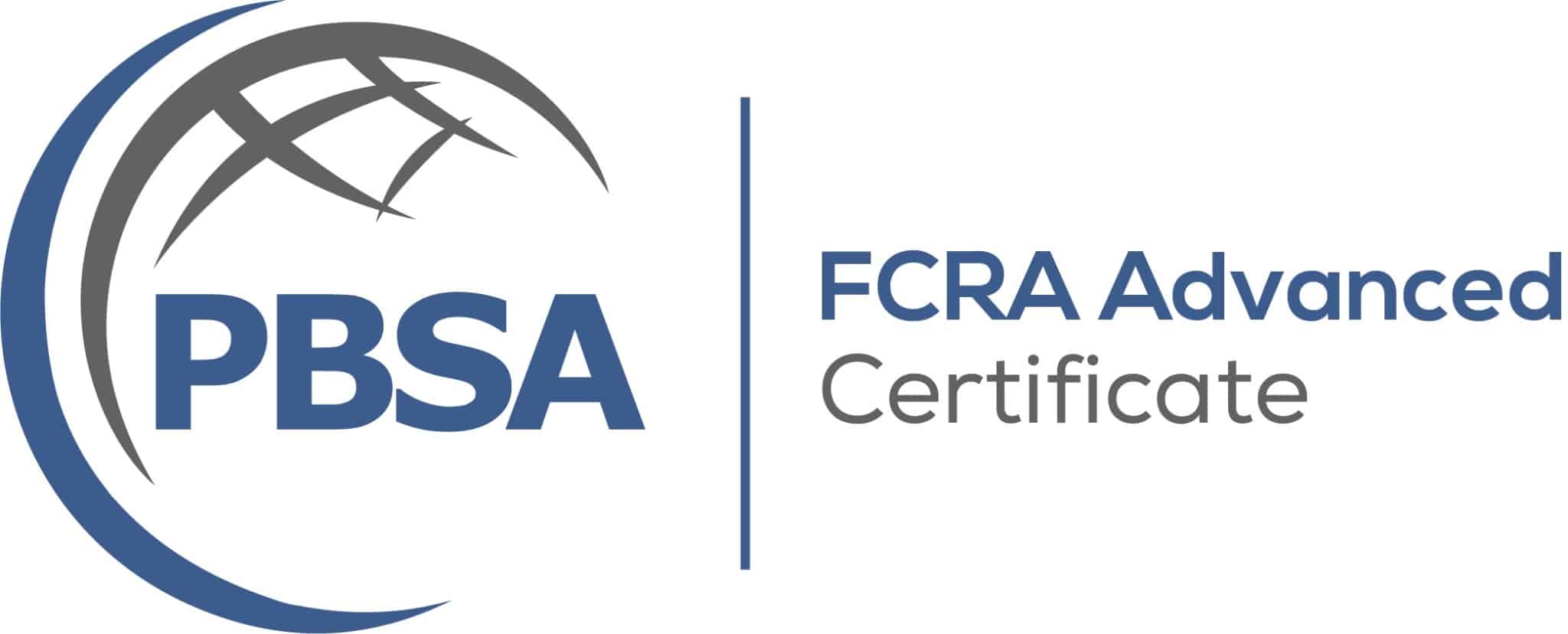
Disposition
Compliance note
- Employers must consider the disposition type when evaluating criminal records to ensure compliance with the Fair Credit Reporting Act (FCRA) and Equal Employment Opportunity Commission (EEOC) guidance.
- Only final dispositions (not pending charges) should be used in employment decisions in many jurisdictions.
- FCRA requires that reported dispositions be accurate and up to date to avoid adverse hiring actions based on incorrect data.
- Employers should document adjudication processes and avoid automatic disqualifications based solely on the existence of a criminal disposition.
Related Terms and Posts
Frequently Asked Questions
A: A disposition is the court’s final decision or outcome for a charge, such as guilty, not guilty, or dismissed. It determines whether the case counts as a conviction.
A: Yes, pending cases may appear without a final disposition. Employers should treat them cautiously and verify status before making employment decisions.
A: Dispositions remain visible according to FCRA time limits—typically up to seven years for non-convictions and indefinitely for convictions, depending on state law.
DISCLAIMER: The information provided in this glossary is for general informational purposes only and should not be construed as legal advice. While we strive for accuracy, EDIFY Background Screening does not guarantee that the definitions or explanations are complete, up to date, or error-free. Employers should always consult with competent legal counsel to ensure compliance with applicable laws and regulations.
Stay Updated with EDIFY Insights Newsletter
Get compliance tips, background screening updates, and HR best practices delivered straight to your inbox.





